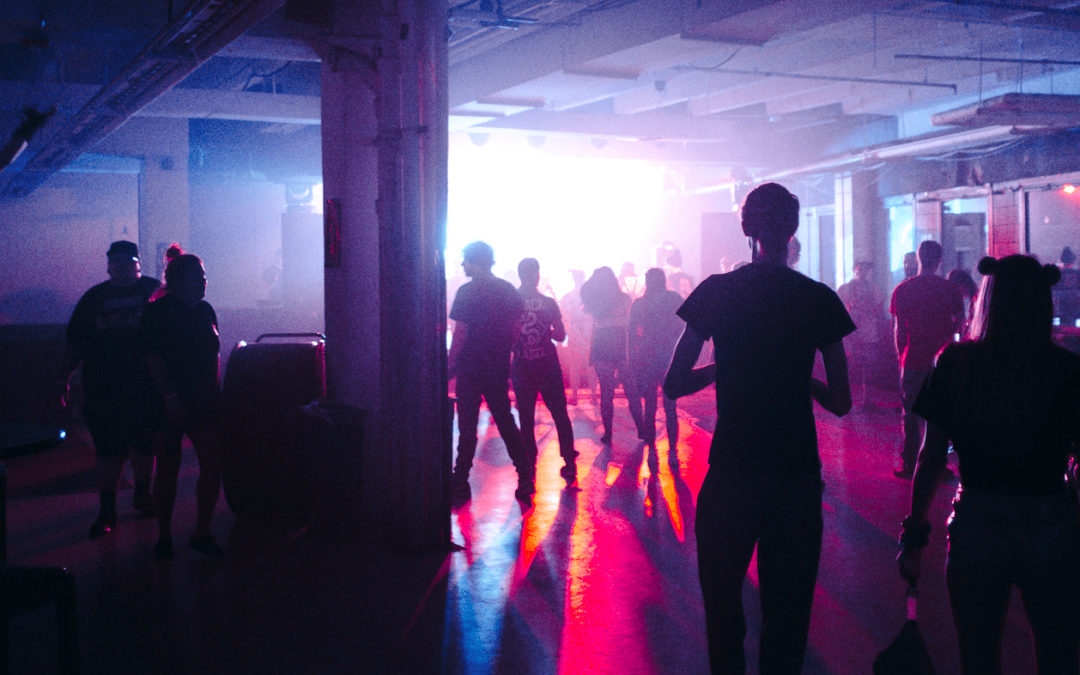It has been reported that an October 1st update to Facebook‘s Terms of Service will make it more difficult for DJs to broadcast live streams from the platform. In fact, the guidelines that dictate how music and performances are hosted on the website will not change in any official capacity.
The update had previously proven controversial as it will expand the social media giant’s authority to restrict access to content as a means of shielding itself from legal liability. Since then, visitors who have browsed the preview of their new Terms of Service have come across the Music Guidelines section – specifically, the following passage:
You may not use videos on our Products to create a music listening experience
We want you to be able to enjoy videos posted by family and friends. However, if you use videos on our Products to create a music listening experience for yourself or for others, your videos will be blocked and your page, profile or group may be deleted. This includes Live.
Unauthorized content may be removed
If you post content that contains music owned by someone else, your content may be blocked, or may be reviewed by the applicable rights owner and removed if your use of that music is not properly authorized.
Digital DJ Tips writes that Facebook is “introducing sweeping new rules,” while Your EDM warns that the platform is “coming down hard on DJ live streams … October 1st.” Among the other publications to suggest that the Terms of Service update will adversely affect electronic musicians are Data Transmission and DJ TechTools.
Facebook’s Music Guidelines Will Not Change
The Music Guidelines section of Facebook’s Terms of Service has not been amended as part of the update preview. An archive of the page from May 2018 contains the same exact text verbatim as it appears at the time of publication.
The policy’s implications have long been a source of uncertainty for content creators navigating the copyright landscape. “It seems to me that a DJ doing a Facebook Live pretty clearly falls within the realm of a ‘music listening experience,’” intellectual property lawyer Davey Jay told Selector in an April email. “I’m sure that the next question would be, ‘If it’s not allowed, how are people getting away with it?'”
“Well, I don’t know for sure, but I can speculate,” Jay continued. “Maybe the copyright owners aren’t being aggressive because they realize that any benefit they would get from enforcing their rights is outweighed by the PR backlash that would ensue from clamping down on DJs and performers when live music industry while its already suffering so much. Maybe they’re just not catching it because so many people are doing it and Live videos sometimes aren’t saved for future viewing. The fact remains, though, that getting away with something does not change whether its permissible, just like going 20 over the speed limit without getting a ticket doesn’t change the speed limit.”
Whether or not Facebook’s selective enforcement of their Music Guidelines becomes more strict on October 1st or anytime thereafter, musicians may still be wise to gradually migrate their live streams to Mixcloud. Earlier in 2020, the streaming platform debuted a broadcasting service called Mixcloud Live that operates on a license similar to those of radio stations to ensure 100% legal live streams.
In April, Facebook also promised to incorporate monetization functions that would allow content creators to make money off of their live streams.
Image credit: Pixabay

